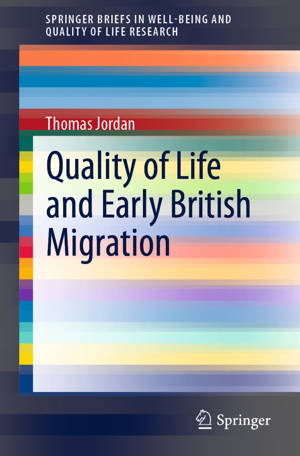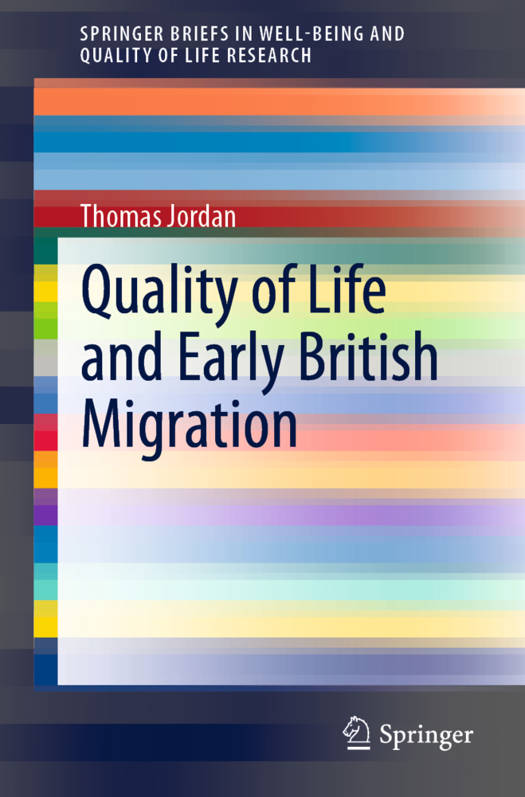
- Afhalen na 1 uur in een winkel met voorraad
- Gratis thuislevering in België vanaf € 30
- Ruim aanbod met 7 miljoen producten
- Afhalen na 1 uur in een winkel met voorraad
- Gratis thuislevering in België vanaf € 30
- Ruim aanbod met 7 miljoen producten
Omschrijving
This book discusses the quality of life of early modern Britons emigrating to the New World, which became possible with advances in shipbuilding and long-distance sailing. It examines the status and quality of life of those crossing the Atlantic Ocean under legal contract, the indenture - largely to the Carolinas and the communities adjoining Chesapeake Bay in the USA in the 17th century, and also describes and numerically estimates the quality of life among Britons sentenced to "transportation beyond the seas," who were transported to Australia in the mid-19th century. The author examines the experience of migrants, both adults and children, traveling to the New World and their fate, drawing on documentary sources like state historical records as well as self-documentation from the few surviving diaries. The book also creates profiles of the quality of life of emigrants by gender and age and places the processes of emigration in the social-political contexts of the 17th and 19th centuries.
By considering ways in which aspects of social life were organized in eras before structural inquiry into the quality of life, the book provides interesting historical perspectives as well as methodological insights. It appeals to researchers and students interested in the quality of life and wellbeing, and in the history of modern Europe, particularly of the British Empire.
Specificaties
Betrokkenen
- Auteur(s):
- Uitgeverij:
Inhoud
- Aantal bladzijden:
- 76
- Taal:
- Engels
- Reeks:
Eigenschappen
- Productcode (EAN):
- 9783030330767
- Verschijningsdatum:
- 9/10/2019
- Uitvoering:
- Paperback
- Formaat:
- Trade paperback (VS)
- Afmetingen:
- 156 mm x 234 mm
- Gewicht:
- 145 g

Alleen bij Standaard Boekhandel
Beoordelingen
We publiceren alleen reviews die voldoen aan de voorwaarden voor reviews. Bekijk onze voorwaarden voor reviews.











